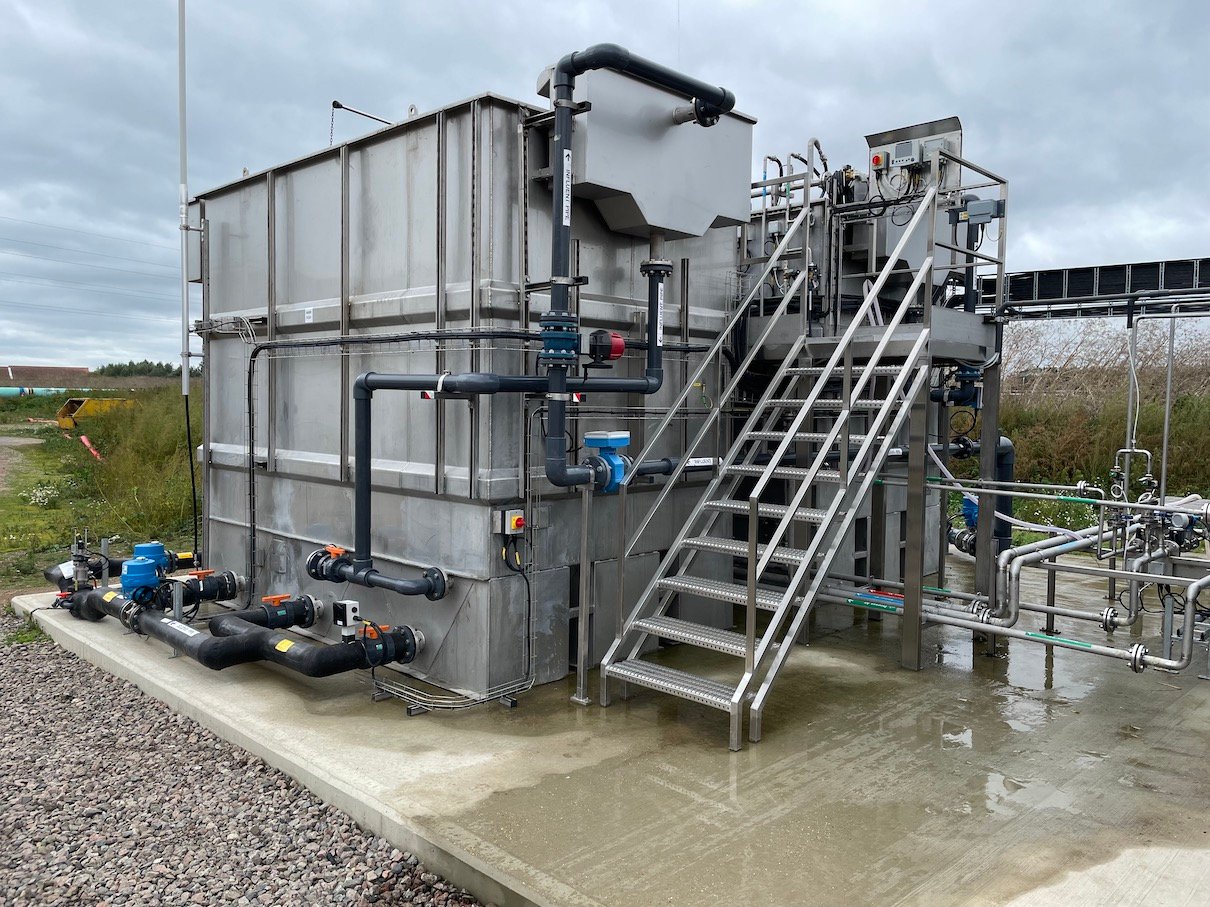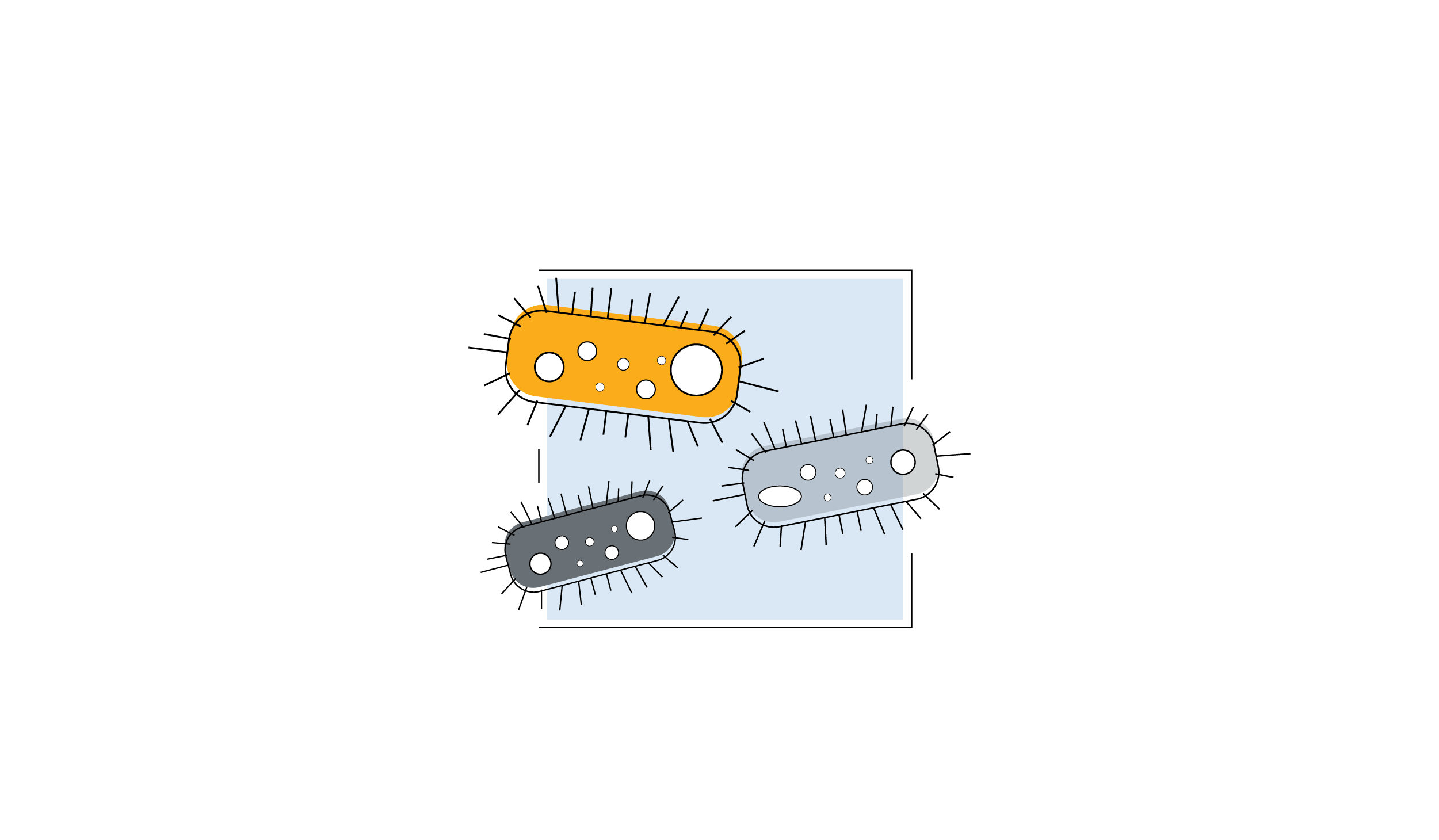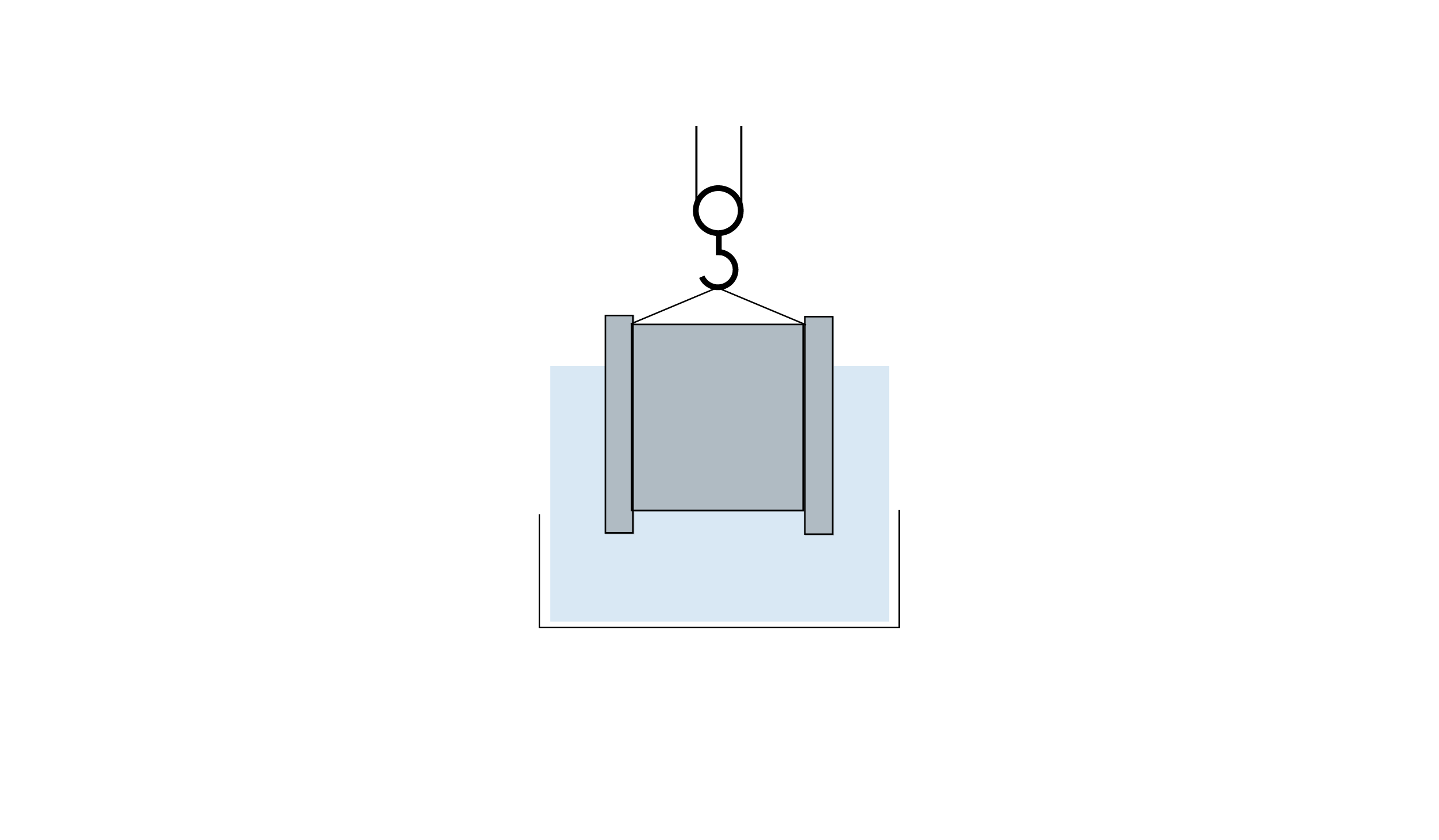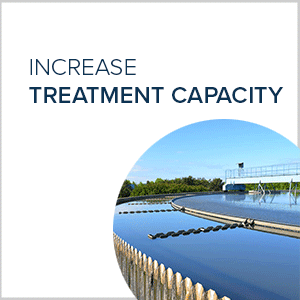End of era for plastic straws? Are we binning or banning it?
Plastic moment will last forever unless we ban it.
We have officially grown out of the pop-culture, global-culture, X-generation and Y-generation, maybe even Millenials... Sadly, all these cultures contributed with time and bit by bit to a new culture we represent at the MOMENT. A plastic-culture.
Literary, we are all made of plastic we litter and this is what we will contribute to history of urbanization and civilization in general. Unless we change our acts right NOW, we will run out of space, clean water and kill most of the water animals and maybe even plants in our lifetime.
-1.jpg?width=4864&name=joshua-coleman-655076-unsplash%20(1)-1.jpg)
Photo by JOSHUA COLEMAN on Unsplash
Stop producing and using plastic globaly would be a good start as we can't put all that plastic through wastewater treatment plants.
The only way to get rid of the micro-plastics from water, at the moment, is to start to deal with the problem:
- Stop using and producing plastic (use alternative materials and methods e.g: for storage and shipping to start with).
- Tidy up oceans (yes, get all that plastic out!)
- Change the attitude we have towards reusable items (Oh, The charm of these old-school food containers...).
Somehow a large change of the earth's population dislikes second-hand and used materials, clothes, furniture, toys, and other 'old but good as new' objects that used to be cool and grunge, retro and hip. It is time to get REUSE and SWAP culture GLOBAL).
In some countries more than in others, portals like e.g.: Maarktplaats (the Netherlands) or DoneDeal (Ireland) are extremely popular and people are saving time and money (not even taking the natural environment into account, but that is where the incentive is huge) buying second hand items from washing machines to baby cloths.
Other than reuse and recycle, we need to do more LOCAL - a lot of plastics are mainly use to pack products for shipping. When families start to shop, choose items that are loose (available from bulk, unpacked) and bring their own tote with is a big start. For these proactive shoppers, when choosing market with local producers is also easier to influence and get what you want. Also in therms of packaging.
Producers, who use less packaging and provide raw products instead, don't need to pay for the additional cleaning and packing processes and plastic too! Repetition can make it a habit, which to follow the famous proverb: will become a second nature.
Small steps will do. But we also need a BIG attitude change.
Media are all over the 'plastic' subject and that's a good thing. There is no 'fake news' and no artificial intelligence, just devoted oceanographers, nature writers and biologists speaking up in TED article 'What plastic item would you love to ban?'. Here, we learn that 'Micro-plastics have been shown to pass the blood-brain barrier and cause changes in fish behavior.' You have to wonder, as the micro-plastic now are also in water we drink, therefore in our blood: how does that affect our thinking and doing?
Captain Planet says: "Stop using plastic straws, plastic bags and maybe drop the plastic attitude too".
Good news is that anyone that would like to start right now is not alone, but should definitely start from their own choices. As a very practical example could be here this American Zero Waste Family.
Also very inspirational, on a community level is, this Super hero's children's cartoon character Captain's Planet Foundation. Kids 'de-plastic' much easier than we think. And they care about the planet, much more instinctively than adults. That should rather shame us and get us moving than live them the initiative... There is still a lot to be done in our lifetime.
It is possible to get towns and cities to operate in no-plastic friendly manner and take legislation to ban it like; styrofoam cups and food containers banned in Portland, Oregon in 1998. Few years later, New York followed.
The government of Rwanda prohibited plastic bags in 2008, so the action against the plastic deluge is also demonstrated on a big, state level.
These are few examples, only. I am sure I could find much more than that, but the truth is that plastic should be banned and exchange for reusable materials everywhere by everybody.
Its not a sci-fi movie. It’s a reality.
On a personal note:
It must have been at least 7 years ago, when one of my work colleagues and a friend, told us that some of the personal care products (especially shower gels) are made with plastic micro-beads. He painted a vivid image of fish accumulating these beads and us eating them again after they travels through sewer systems... and yes, we were using them back then and yes, it was extremely easy to start using instead products that work the same but have no plastic ingredients. Since that time we always pay attention what do we buy and make a conscious decision.
What happens now?
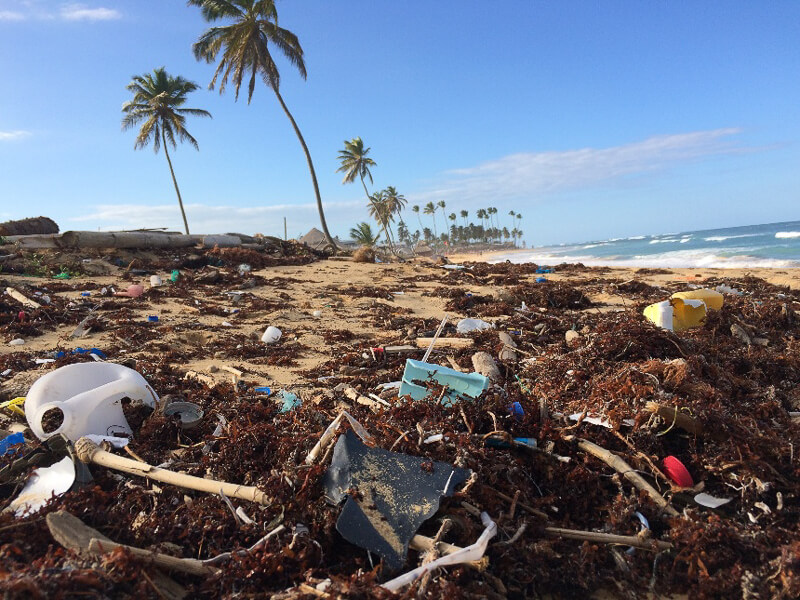
Photo by Dustan Woodhouse on Unsplash
Now, the present of the 'plastic' in all sort of forms in the surface, ground and atmospheric water is much severe than we think.
The Guardian reports 'Microplastic pollution in oceans is far worse than feared, say scientists'.
There is nothing else for us to do but condemn a plastic culture. We need to rethink and re-group.
It should be tacky and wrong to live in that plastic bubble anymore.
Also, let's treat the wastewater with Membrane Aerated Biofilm Reactor made mainly of Stainless Steal and Silicone membrane instead of plastic carriers or plastic aeration grids.
